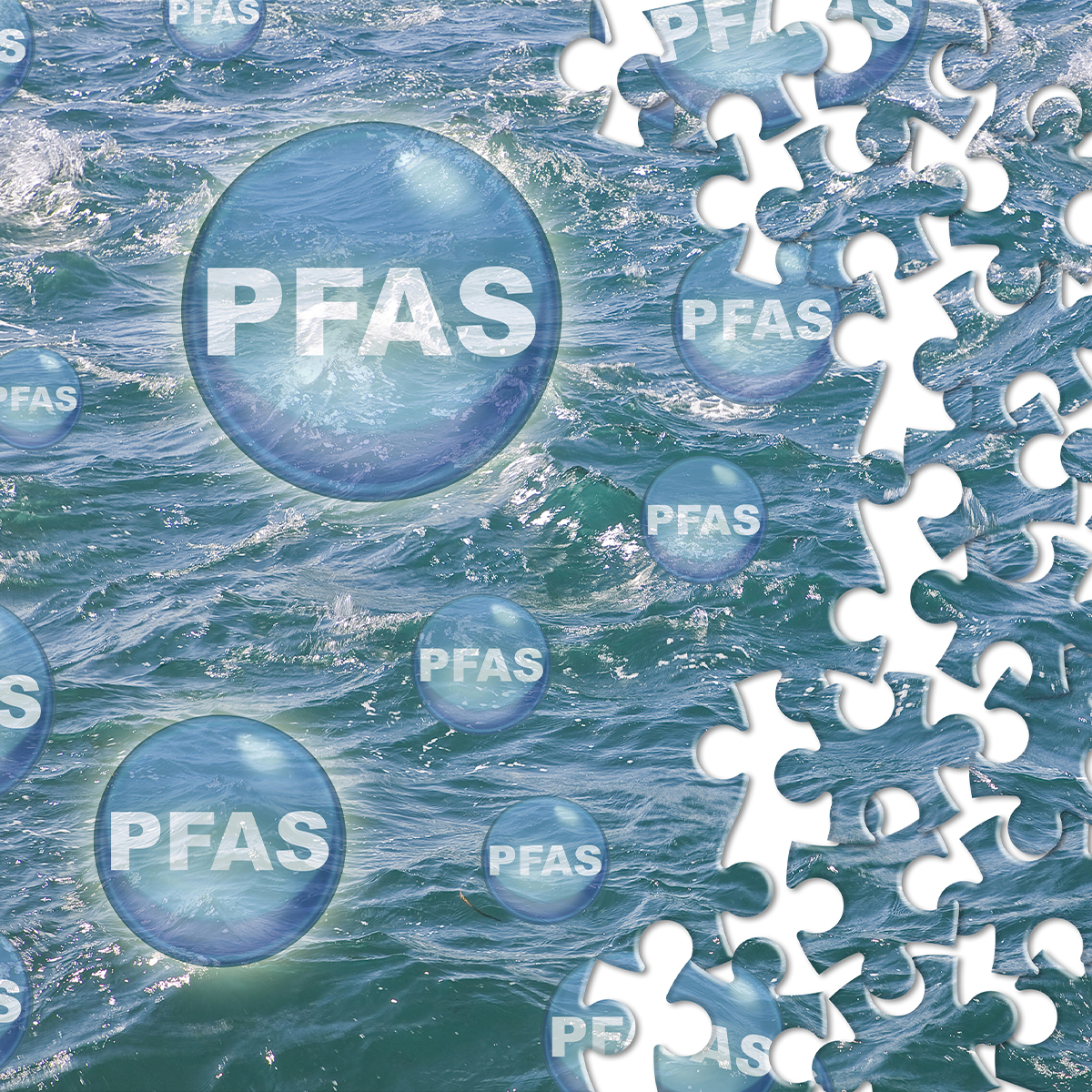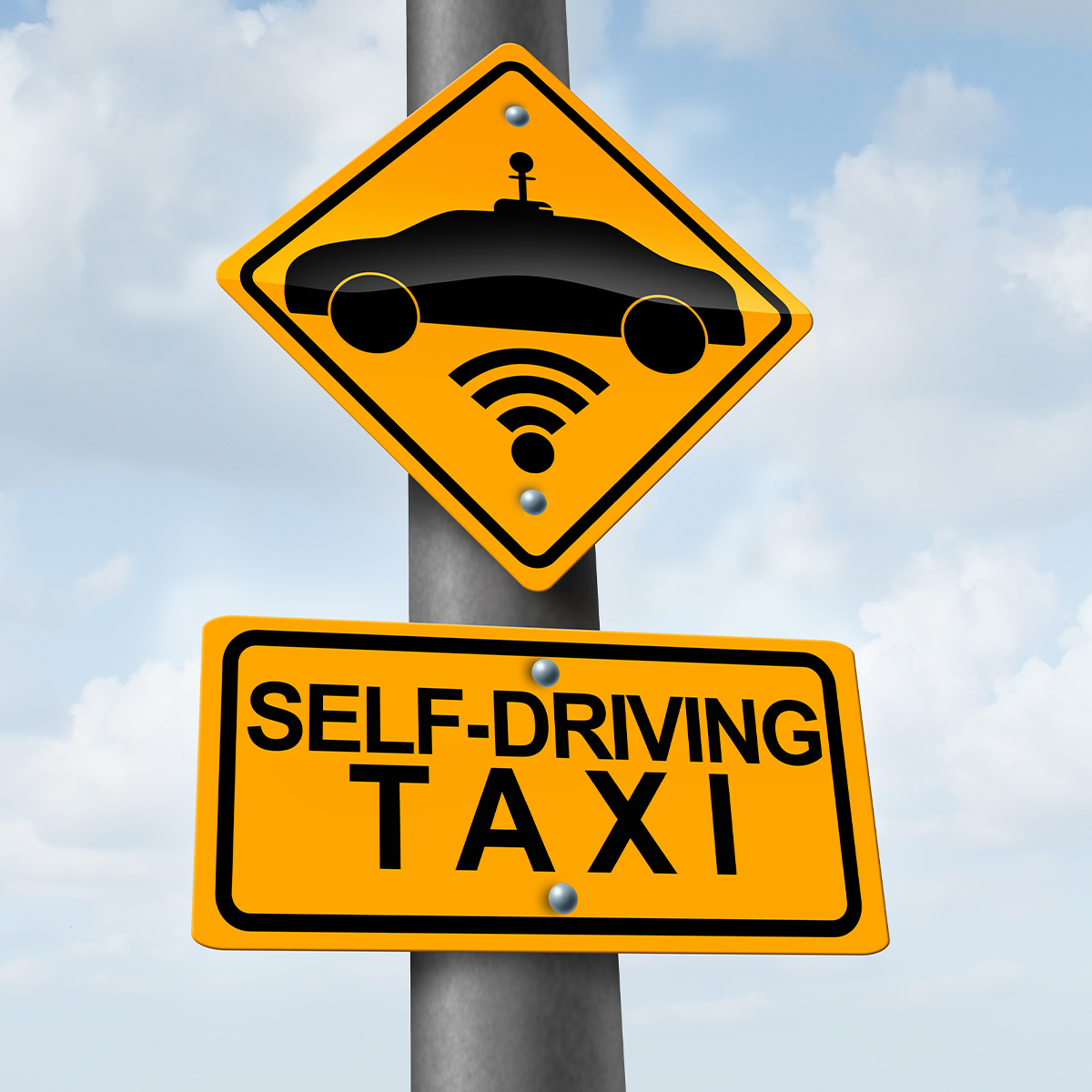-
Property & Casualty
Property & Casualty Overview

Property & Casualty
We offer a full range of reinsurance products and the expertise of our talented reinsurance team.
Expertise
Publication
Structured Settlements – What They Are and Why They Matter
Publication
PFAS Awareness and Concern Continues to Grow. Will the Litigation it Generates Do Likewise?
Publication
“Weather” or Not to Use a Forensic Meteorologist in the Claims Process – It’s Not as Expensive as You Think
Publication
Phthalates – Why Now and Should We Be Worried?
Publication
The Hidden Costs of Convenience – The Impact of Food Delivery Apps on Auto Accidents
Publication
That’s a Robotaxi in Your Rear-View Mirror – What Does This Mean for Insurers? -
Life & Health
Life & Health Overview

Life & Health
We offer a full range of reinsurance products and the expertise of our talented reinsurance team.

Publication
Key Takeaways From Our U.S. Claims Fraud Survey
Publication
Favorite Findings – Behavioral Economics and Insurance
Publication
Individual Life Accelerated Underwriting – Highlights of 2024 U.S. Survey
Publication
Can a Low-Price Strategy be Successful in Today’s Competitive Medicare Supplement Market? U.S. Industry Events
U.S. Industry Events
Publication
The Latest in Obstructive Sleep Apnea -
Knowledge Center
Knowledge Center Overview

Knowledge Center
Our global experts share their insights on insurance industry topics.
Trending Topics -
About Us
About Us OverviewCorporate Information

Meet Gen Re
Gen Re delivers reinsurance solutions to the Life & Health and Property & Casualty insurance industries.
- Careers Careers
EPLI Is a Critical Tool For Employers, Now More Than Ever

June 12, 2024
Alice Zelikson
Region: North America
English
The average U.S. company faces a 10.5% chance of having an employment claim filed against them, according to a study by Hiscox, a provider of small business insurance.1 In some states, like California and New Mexico, this probability can increase to more than 50%.
Some facts:2

EEOC Report
On March 11, 2024, the U.S. Equal Employment Opportunity Commission (EEOC) released its agency’s performance details for 2023; the report covers agency performance between October 1, 2022 and September 30, 2023. The report shows increased “demand for its services and additional remedies for workers who suffered discrimination.” Specifically, it “includes handling more than 522,000 calls from the public through the agency contact center and a 10% increase in receipts of private sector charges of discrimination, while recovering more than $665 million on behalf of victims of discrimination.”3
The data makes clear that Employment Practices Liability Insurance (EPLI) remains a critical tool for employers in the foreseeable future.
What Does This Mean for Insurers?
Gender Pay Gap – Claims related to gender pay are on the rise. Employers need to address pay equity and ensure fair competition practices. According to the U.S. Bureau of Labor and statistics, women earned 83.6% of what men earned in 2023.4 According to Forbes Advisor, despite attempts to narrow the gap, women still earn 16% less than men on average; women of color are among the lowest paid workers in rural areas, with rural Black and Hispanic women making just 56 cents for every dollar that rural white non-Hispanic men make.5 Latinas are compensated just 55% of what non-Hispanic white men are paid in 2024. A 20‑year-old woman just starting full time, year-round work stands to make $407,760 less than her male counterpart over a 40‑year career.
Pregnancy – The Pregnant Workers Fairness Act (PWFA), which took effect on June 27, 2023, “requires that any public or private sector employers with 15 or more employees provide reasonable workplace accommodations to workers with known limitations related to pregnancy, childbirth, or related medical condition.”6 We anticipate increased charge activity by the EEOC as a result of this new law.
Medical Marijuana – Laws regarding medical marijuana and its use are continually changing. As legalization spreads, employers face challenges about employee use. Clear policies and guidelines are essential to navigating this issue. Currently 33 states, along with Washington, D.C., Guam, Puerto Rico and the U.S.V.I., have passed laws legalizing marijuana for medicinal and/or non-medical use by adults. Despite federal prohibition, state laws play a significant role in determining whether medical marijuana can be used in the workplace. Employers may consider reasonable accommodation for medical marijuana users based on job function and discretion. Clear policies and guidelines are essential to navigating this issue and EPLI is needed to protect employers against such claims.
Aging Workforce – There exists a need to adapt policies and practices to accommodate older employees effectively. Roughly one in five Americans ages 65 and older was employed in 2023, nearly double what the statistic was 35 years ago.7 According to the Pew Research Center, there are more older workers and they are earning higher wages. Additionally, they report that 62% of older workers were working full time in 2023, compared with 47% in 1987.
LGBTQ+ – Employers must ensure an inclusive workplace and prevent discrimination for all employees. Case law on civil rights for LGBTQ+ individuals continue to develop; many issues remain to be resolved. The Equality Act is a bill in the U.S. Congress that aims to amend the Civil Rights Act of 1964 and several laws regarding employment with the federal government to explicitly include sexual orientation and gender identity as protected characteristics. The Equality Act was reintroduced in the 118th Congress in June 2023, but it has yet to pass. In the meantime, LGBTQ+ employment discrimination is on the rise. If passed, the Equality Act would provide consistent and explicit non-discrimination protections for LGBTQ+ individuals across key areas of life, including employment, housing, credit, education, public spaces and services, federally funded programs, and jury service.
Social Movements and Employee Privacy Laws – Employers should stay informed about evolving laws and continue to adapt their policies. According to the EEOC, social media is part of today’s workplace but its use may raise employment discrimination concerns.8 Sites such as LinkedIn and Facebook can be valuable tools for identifying skilled candidates, but improper use of information obtained on these and other social media sites may be discriminatory since the race, gender, age, and possible ethnicity of many individuals can be discerned from the information on these sites. If an employee posts harassing or derogatory information about coworkers, even if it’s done away from the workplace, their employer may be liable for a hostile work environment if it was aware of the postings or if the harassing employee was using an employer-owned device or account.
In March 2024, a new privacy law for employees and job applicants went into effect in New York (Assembly Bill A36); it prohibits employers in certain circumstances from requesting or requiring access to an employee’s or applicant’s personal account, such as an account on a social media platform. In passing Assembly Bill A36, New York joins several other states, including California, Connecticut, Colorado, Illinois, Michigan, and New Jersey that have passed similar laws regulating access to employees and applicant’s personal social media accounts.
Sexual Harassment – We continue to see the effects of the #MeTooMovement. The recent overturning of Harvey Weinstein’s 2020 rape conviction in New York has placed increased focus on the movement. One of its founders, along with several Hollywood celebrities who were also victims of Weinstein, declared that the “movement goes on and will continue to change society” in the wake of the overturned conviction.9 In 2023, the number of the EEOC charges filed on the basis of sexual harassment was 7,732, up from 6,201 in 2022.10
Remote Workers – Treating remote workers differently than their colleagues who work in the office with regards to the terms of their employment can be considered discriminatory. However, Congress has not passed any laws mandating that remote workers are a protected class. If remote workers are deemed a legally protected class and they are subject to different working conditions than their in‑office counterparts, there could be grounds for a discrimination claim.
Going Forward
Presently, the EEOC is largely made up of Democratic members.11 With a presidential election this November, new members may be chosen to lead the EEOC. While the next president may help to shape the priorities of the EEOC in 2025 and beyond, one thing is certain: Employees will continue to file EPLI claims.
Having the appropriate EPLI policies as protection against damages, verdicts, defense expenses, and plaintiff attorney fees will remain a critical tool for employers across the country.
- Hiscox, “The 2017 HiscoxGuide to Employee Lawsuits”, https://www.hiscox.com/documents/2017-Hiscox-Guide-to-Employee-Lawsuits.pdf
- Ibid.
- “EEOC Released Annual Performance Report for Fiscal Year 2023”, 11 March 2024, https://www.eeoc.gov/newsroom/eeoc-releases-annual-performance-report-fiscal-year-2023
- U.S. Bureau of Labor Statistics, https://www.bls.gov
- Haan, Reilly, Forbes Advisor, “Gender Pay Gap Statistics in 2024,” March 1, 2024, https://www.forbes.com/advisor/business/gender-pay-gap-statistics/#:~:text=On%20Justworks'%20Website-,General%20Gender%20Wage%20Gap%20Statistics,%2C%20non%2DHispanic%20men%20make; AAUW.org, Center for American Progress.
- “The Pregnant Workers Fairness Act (PWFA) Quick Reference Guide for HR,” AbsenceSoft, 13 February 2024, https://absencesoft.com/resources/pwfa-hr-quick-reference-guide/?hsa_acc=7428254271&hsa_cam=16589954113&hsa_grp=164501119590&hsa_ad=695699610159&hsa_src=g&hsa_tgt=kwd-2176451780373&hsa_kw=pregnant%20workers%20fairness%20act&hsa_mt=b&hsa_net=adwords&hsa_ver=3&gad_source=1.
- Richard Fry and Dana Braga, “Older Workers Are Growing in Number and Earning Higher Wages”, Pew Research, 14 December 2023, https://www.pewresearch.org/social-trends/2023/12/14/older-workers-are-growing-in-number-and-earning-higher-wages/
- U.S. Equal Employment Opportunity Commission, Press Release, March 12, 2014, “Social Media Is Part of Today’s Workplace but its Use May Raise Employment Discrimination Concerns,” https://www.eeoc.gov/newsroom/social-media-part-todays-workplace-its-use-may-raise-employment-discrimination-concerns
- Joanna Walters, “#MeToo founder says campaign will continue after Weinstein verdict overturned”, The Guardian, 26 April 2024, https://www.theguardian.com/world/2024/apr/26/harvey-weinstein-me-too-movement.
- U.S. Equal Employment Opportunity Commission, Enforcement and Litigation Statistics, https://www.eeoc.gov/data/enforcement-and-litigation-statistics-0
- U.S. Equal Employment Opportunity Commission, The Commission and the General Counsel, https://www.eeoc.gov/commission





